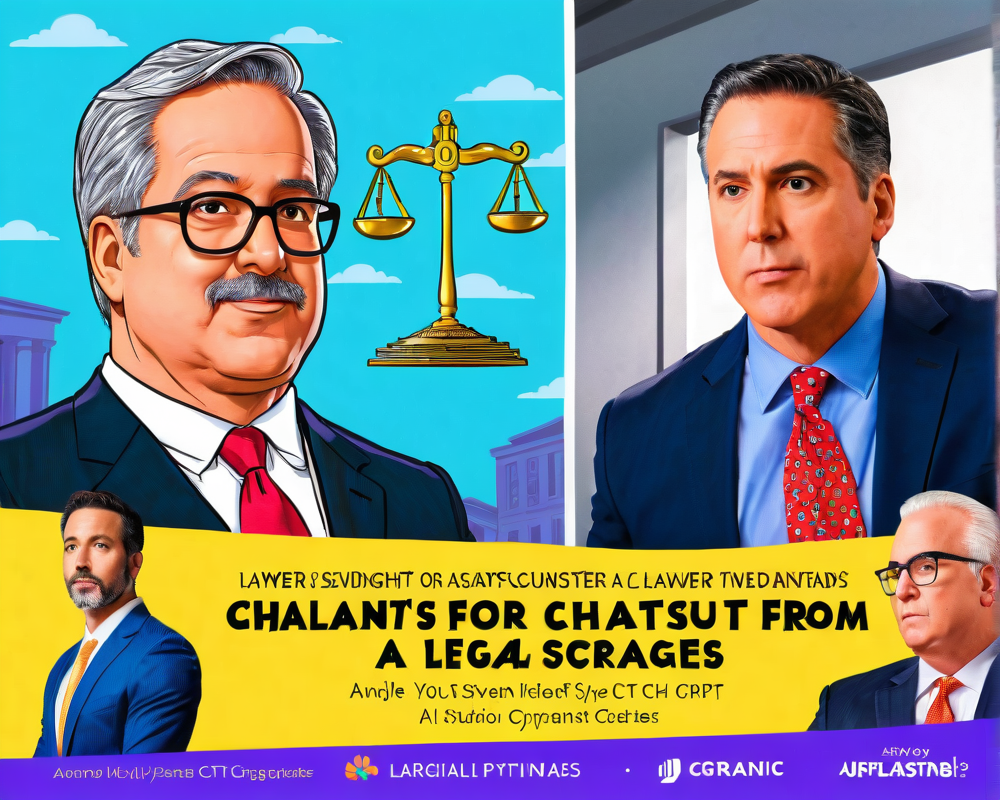The Daring Case of Steven Schwartz
In a wild turn of events, New York attorney Steven Schwartz has found himself in a fiery legal spotlight, all thanks to his decision to embrace modern technology—specifically, ChatGPT. Hired by Robert Mata to take on Avianca Airlines over an injury stemming from a rogue serving cart back in 2019, Schwartz’s use of AI in legal research has led to a montage of courtroom drama and error.
What Went Wrong?
As the saga unfolded, a vigilant judge noticed that the documentation was, let’s just say, less than stellar. Schwartz’s sworn affidavit revealed that he had indeed relied on ChatGPT, claiming this was his inaugural experience utilizing AI for legal research. His shocking admission? He had no clue that the generated content could lead to inaccuracies. Talk about a friendly reminder to read the user manual!
The Judge’s Verdict on Schwartz’s Submissions
In a statement that could make even the most seasoned attorney cringe, the judge remarked on the submissions, stating, “Six of the submitted cases appear to be bogus judicial decisions with bogus quotes and bogus internal citations.” If that doesn’t sound like a legal horror movie script, I don’t know what does! Even more troubling, certain referenced cases looked so fictitious that they could’ve starred in a sitcom.
Lessons Learned: A Cautionary Tale
Schwartz has since expressed regret, stating, “Greatly regrets having utilized generative artificial intelligence to supplement the legal research performed herein” and vowed to tread cautiously in the future. This brings to light a larger conversation around the reliance on AI tools in critical sectors, especially where a slight misstep can result in significant ramifications.
The Bigger Picture: AI in the Workforce
As discussions about integrating ChatGPT into various workforces continue, some experts remain skeptical. Blockchain developer Syed Ghazanfer shares insights that highlight a notable truth: the complexities of human communication often require a touch that AI just can’t replicate. “For it to replace you, you have to communicate requirements which are not possible in native English,” he emphasizes. Thank goodness we have programming languages, right?
Final Thoughts
So, what can we take away from this legal misadventure? While technology undoubtedly has a role in streamlining processes, Schwartz’s case serves as a reminder that due diligence is paramount. Relying solely on AI for critical tasks is a risk not just to one’s career but to the justice system as a whole. In the end, when it comes to the law, there’s no substitute for good old-fashioned research.




